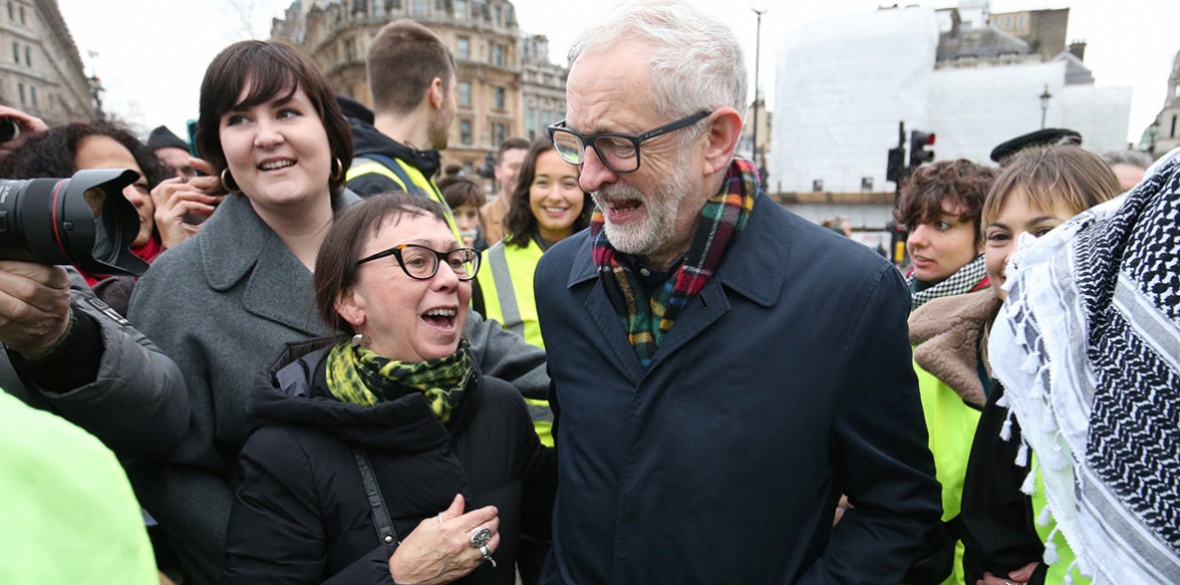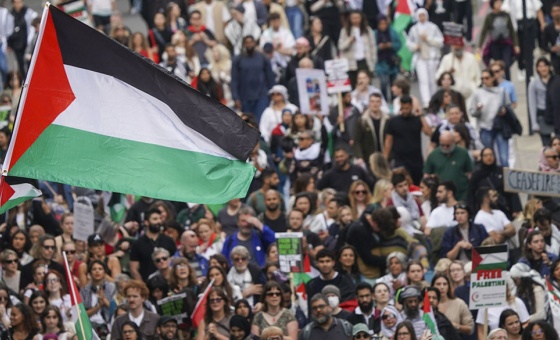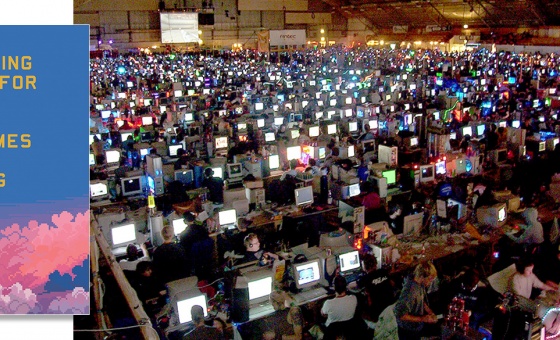This is the last article you can read this month
You can read more article this month
You can read more articles this month
Sorry your limit is up for this month
Reset on:
Please help support the Morning Star by subscribing here
Richard House (RH): Many readers will remember you well from the 1980s when you were in the front line of reporting on the miners’ strike for the BBC and your famous interviews with Arthur Scargill and National Coal Board chairman Ian MacGregor. Can you say something about that period and the extent to which you were aware of anti-left media bias then?
Nicholas Jones (NJ): Throughout the big industrial disputes of the 1980s Margaret Thatcher had the unwavering support of most newspapers.
Press proprietors were in full support of the steps being taken by the Conservative government to tighten industrial and employment law and curb trade union power.
Union leaders of the day, such as Alan Fisher (National Union of Public Employees), Joe Wade (National Graphical Association), Ray Buckton (Aslef) and especially Arthur Scargill (NUM), were vilified, as was almost the entire labour and trade union movement.
The vicious tabloid demonisation of mining communities during the 1984-5 miners’ strike was as calculated and co-ordinated as the press campaign that stoked immigration scare stories before the 2016 EU referendum, or the character assassination of Jeremy Corbyn in the lead-up to the 2019 general election.
The difference with my years as an industrial correspondent for BBC Radio was that the reach and influence of politicised newspapers was not being amplified on television or social media to anything like the same degree.
There were no rolling news programmes on radio and television; newspaper front pages were not being reproduced on late-night and breakfast press reviews, or being used as illustrations on websites and social media platforms.
Because press influence was not as all-embracing as it can be today, my radio reporting was not under the same agenda-setting pressure that broadcasters currently face.
My one regret is that radio and television reporting in the final months of the pit strike did get swept along by the government’s narrative that once half the miners were back at work Mrs Thatcher would declare victory over Scargill — which is precisely what she did.
RH: The urgent lessons we need to learn about the impact of today’s mainstream media demand that we try to understand what has happened with Jeremy Corbyn over the past four years. Can you describe the research you’ve been doing into this, and what it has entailed?
NJ: The press demonisation of Jeremy Corbyn was of an unprecedented intensity, concentrated into a four-year period, from his election as Labour leader in 2015 through to the 2017 general election and then the December 2019 election.
As part of my research I have tracked the news coverage in the national press and I have written a chronological account describing how these anti-Corbyn storylines were recycled again and again; how they influenced broadcasters and were manipulated to benefit the Conservatives.
Whatever one thought about Corbyn’s beliefs or past associations, the columnists and commentators for Brexit and Conservative-supporting newspapers delivered a master class in character assassination.
Attack lines that would come to haunt Corbyn surfaced first in the summer of 2015 when he became the frontrunner in the leadership contest.
Criticism of his failure to tackle anti-semitism, and slurs and smears about his communist sympathies and links with associates of Palestinian and Irish terrorists became a toxic agenda that would be reworked by his tormentors in the Tory tabloids to create anti-Corbyn press hysteria. Journalists would rehash faded clippings as part of this process.
Photographs of Corbyn attending demonstrations and protests going back to the 1970s and 1980s were “rediscovered” and reproduced as “picture exclusives” in the form of a rogue’s gallery — vilification that Corbyn and his media team found it almost impossible to counter.
RH: Perhaps Jeremy has inadvertently — and for him, very painfully — enabled us to discover the steepness of the mountain the left will always have to climb to win power at the ballot box. What lessons do you think a future Labour leader needs to learn from this disgraceful episode in British political history and what do you think progressive forces more generally can do about such orchestrated media propaganda assaults on Labour’s leader?
NJ: Progressive forces should take a leaf out of the political right’s playbook if the wider labour and trade union movement is to stand any chance of countering the dominance of Conservative-supporting newspapers.
There should be practical and financial support from the centre-left for the creation of the type of think tanks, research organisations and policy groups that proliferate on the right.
Whether the left likes it or not, during my career as a journalist I have seen how a succession of right-wing groupings such as the Freedom Association, the Adam Smith Institute, the Taxpayers’ Alliance and Migration Watch and so on have succeeded in driving change. Many have reinvented themselves into powerful websites.
The importance of such organisations is threefold: they monitor news coverage in the media — producing endless statistics claiming left-wing bias etc in the BBC — they have a knack of presenting policies that capture the news media’s attention and they help bring to prominence new generations of political activists and policy enthusiasts.
Increasingly, theirs are the voices that we see and hear being interviewed on television and radio. The paucity of voices breaking through from the left is all too apparent in the newspaper reviews on late-night and breakfast television.
RH: Could you say more about the case of bias in broadcasting and with broadcasters? And also say something, finally, about your chapters in the forthcoming MediaNorth book?
NJ: Instead of just blaming and abusing broadcasters, the left should work out a check-list of safeguards. Compiling and publishing regular and reliable statistics on the influence of right-wing media appearances would be a good start.
When front pages are presented on screen, there should be health warnings. Viewers should be reminded which papers urged readers to support Leave or Remain, or to vote for Boris Johnson.
All too often, commentators and columnists from Conservative-supporting newspapers are presented as being neutral or independent. Presenters should be urged to be much clearer about their guests’ political affiliations. So there are just a few of the steps that might help educate the public about the all-too powerful agenda-setting influence of the Tory press.
My first chapter in the new MediaNorth book looks in detail at the orchestrated press campaign to trash Jeremy Corbyn’s reputation as leader of the opposition. My second chapter traces the way the UK’s leading newspapers boycotted the campaign to encourage late voter registration in the 2019 general election and, instead, accused students and young people of engaging in illegal voting scams.
Nicholas Jones was a BBC industrial and political correspondent for 30 years. For his news archive see www.nicholasjones.org.uk.
Richard House is a Corbynista left-green activist, a psychologist and a writer in Stroud.
Book Details: Granville Williams (ed.), It’s The Media, Stupid! The Media, the 2019 Election and the Aftermath, published by CPBF.








